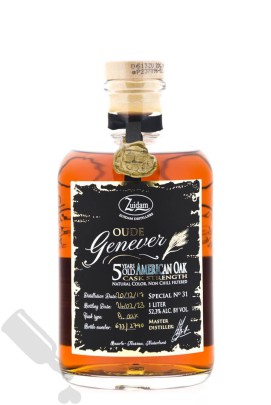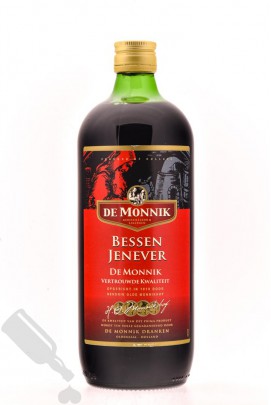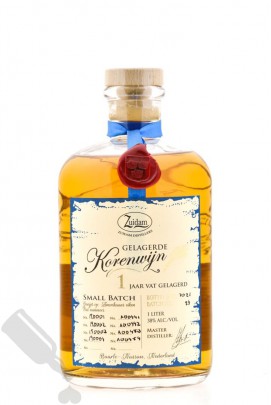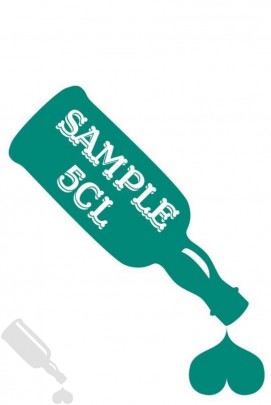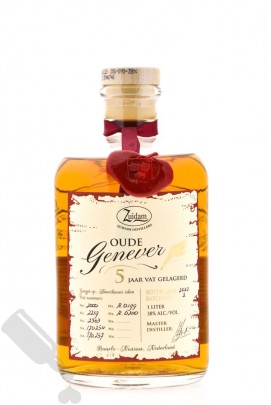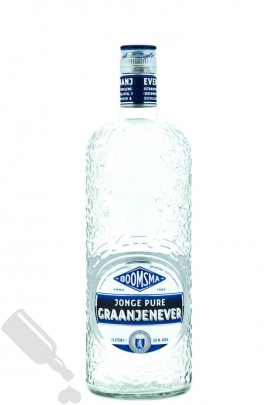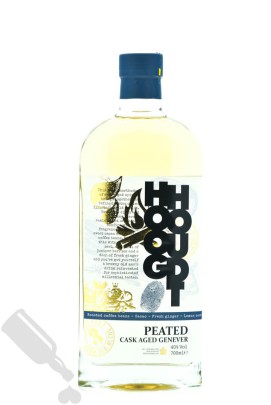
Please confirm that you're over 18
or leave the website.
SORRY, You are not allowed to visit this site

Hooghoudt Raw Genever
Raw Genever / Holland Gin
Hooghoudt Raw Genever
Raw Genever / Holland Gin
| Bottler | Distillery bottling |
| Distillery / brand | Hooghoudt |
| Range | Raw Genever |
| Country | The Netherlands |
| Content Size | 0.7 liter |
| Alc/vol | 43% |
| Age | no age statement |
| EAN | 8710924108608 |
Hooghoudt Raw Genever
Hooghoudt RAW Genever is a 100% malt wine gin with a fresh and spicy character. A full rich grain flavour combined with juniper and fresh herbs and spices. The gin is not aged in oak barrels which gives RAW Genever the fresh character of a young gin with the body of a grain wine before it goes into the barrel.
RAW Genever is a pure piece of craftsmanship. The alcohol in this gin is not the flavour carrier of the herbs as in gin, but is composed as a flavouring where the herbs and spices have been used to accentuate the flavour style.
Hooghoudt RAW Genever recently won a gold medal at the International Spirit Challenge, the Gin Masters and the San Francisco World Spirit competition.
More information
Jenever, also called genever, jonkie or klare, is a traditional strong drink originating in the Netherlands and Belgium. The drink is made by distilling a grain mash and using botanical herbs. The most famous herb used is, of course, juniper. Other herbs that can be used are: St John's wort, angelica root, nutmeg, cloves, aniseed, citrus peel and coriander.
History
The history of genever in the Netherlands dates back to the 16th and 17th centuries. The emergence of the alcoholic delicacy is linked to the emergence of distillation techniques and the use of grain as a base for spirits. Distillation of grain was originally introduced to Europe by the Arabs. In Europe, the process was refined during the Middle Ages. This led to production of brandy.
Distillation was initially used mainly for medicinal purposes, such as distilling wine and herbs to make extracts and tinctures. Many herbs and fruits were usually added. Around 1650 in Amsterdam, a grain distillate was designed with juniper as a remedy for muscle pain. People soon discovered that the drink could be used not only as a medicine, but also as a stimulant. Moreover, at the time, the import of brandy was prevented, so people switched to the local alcoholic drink: jenever.
8 other products in the same category:
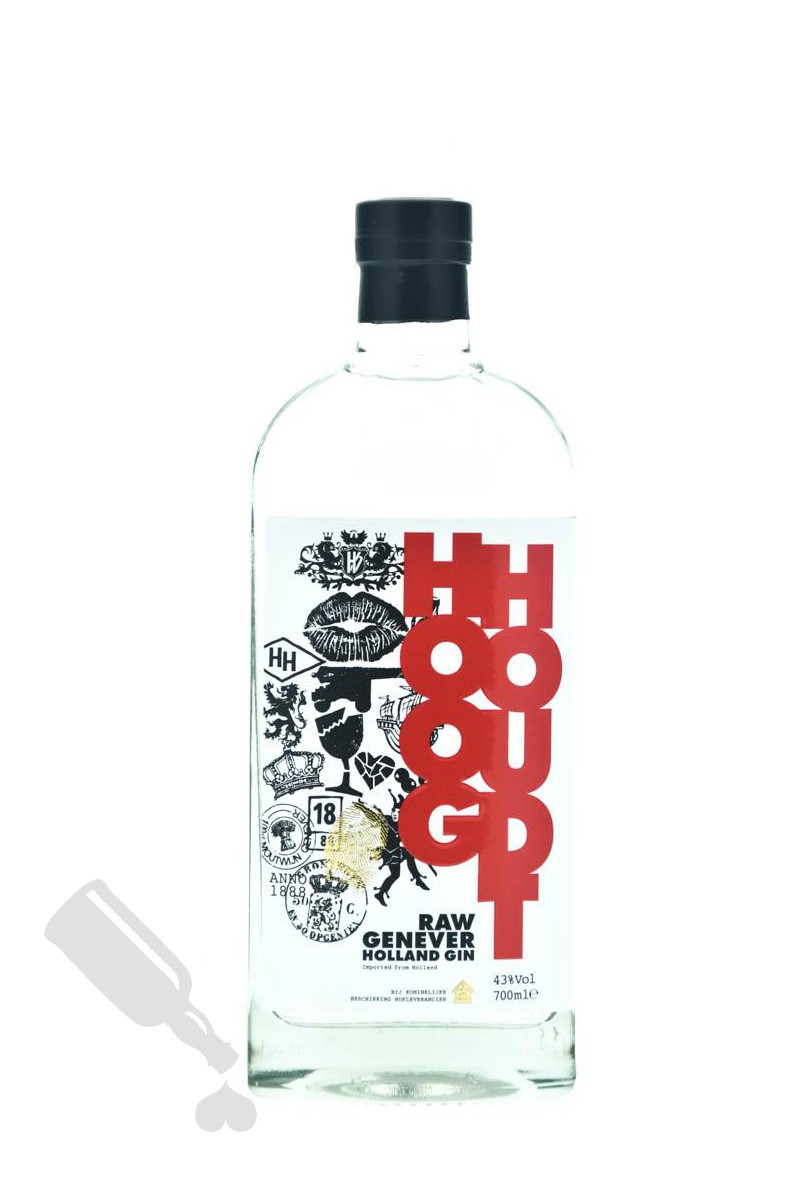


 Nederlands
Nederlands



